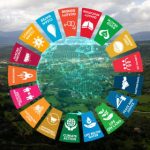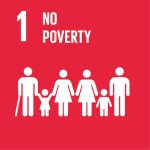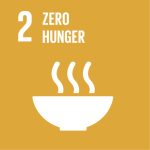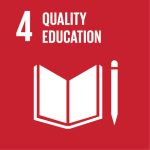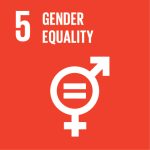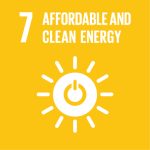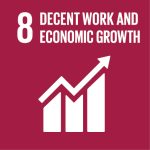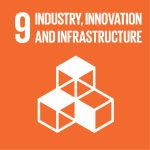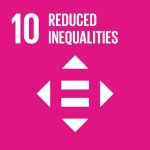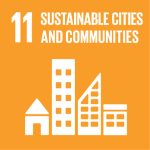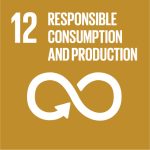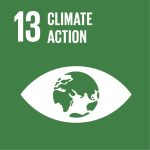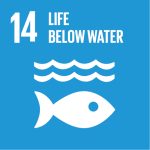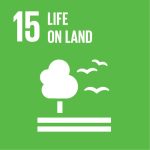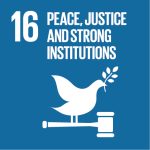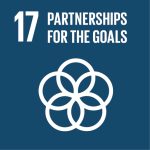Goals
7
Ensure access to affordable, reliable, sustainable and modern energy for all

SDG Goal 7, "Affordable and Clean Energy," aims to ensure access to affordable, reliable, sustainable, and modern energy for all. This goal emphasizes the importance of expanding access to energy, improving energy efficiency, and increasing the use of renewable energy sources. By focusing on enhancing energy infrastructure, promoting innovation in energy technologies, and fostering international cooperation, Goal 7 seeks to empower communities, support economic development, and mitigate climate change. Ultimately, achieving affordable and clean energy for all is crucial for driving sustainable development, reducing poverty, and ensuring a healthier planet for future generations.
Statistics of Pakistan
Electricity Access
As of 2020, about 74% of Pakistan's population had access to electricity, leaving around 26% without reliable electricity access.
Renewable Energy Capacity
Pakistan has been increasing its renewable energy capacity. As of 2021, renewable energy (excluding large hydropower) accounted for around 5% of the total installed capacity. The country has significant potential for solar and wind energy.
Energy Mix
The energy mix in Pakistan is predominantly based on fossil fuels, with natural gas and oil constituting a large portion. However, there has been a growing investment in hydro, wind, and solar power.
Hydropower
Pakistan has substantial hydropower resources. As of 2021, hydropower contributed approximately 27% to the total electricity generation in the country.
Energy Efficiency
Pakistan has been working on improving energy efficiency. The National Energy Efficiency and Conservation Authority (NEECA) is responsible for promoting energy conservation practices across various sectors.
Investment in Renewable Energy
The country has attracted significant investment in renewable energy projects. For example, the Quaid-e-Azam Solar Park, one of the largest solar power plants in the world, is part of Pakistan's efforts to enhance its renewable energy capacity.
Policy Framework
Pakistan has implemented policies to promote clean energy, such as the Alternative and Renewable Energy Policy 2019, which aims to increase the share of renewables in the energy mix to 30% by 2030.
Off-grid Solutions
To address energy access in remote areas, Pakistan has been exploring off-grid renewable energy solutions, including solar home systems and mini-grids.
Research & Publications
A Novel Yagi-Uda Antenna Based Wireless Power Transmission (WPT) System Using Passive Reflectors
Raza Jafri and Ghous Narejo (2023) “A Novel Yagi-Uda Antenna Based Wireless Power Transmission (WPT) System Using Passive Reflectors”, 2nd International Conference on Emerging Trends in Electronics and Telecommunications Engineering (INTERACT-2023), 15th -16th March 2023, NED University of Engineering and Technology Karachi. It was published in MDPI Engineering Proceedings online Journal. (Y category journal)
https://www.mdpi.com/2673-4591/32/1/19/pdf
Performance Comparison of Three Antennas with Passive Reflecting Walls for Wireless Power Transmission
Raza Jafri and Ghous Narejo “Performance Comparison of Three Antennas with Passive Reflecting Walls for Wireless Power Transmission” Journal of Independent Study and Research Computing, Volume 21, Issue 1 of the year 2023, SZABIST. (Y category journal)
Final year Projects
Development of SCADA System for Wind Power Plant
Engr. Dr. Jibran Ali
AI Based Lithium Battery Tester For EV
Dr. Abid Karim
AI Based Lithium Electric vehicle kit for testing and monitoring
Dr. Abid Karim / Engr. Zia uddin
Electric Vehicle Kit Testing and Monitoring Hub
Dr. Abid Kareem / Zia Uddin
Controlling and Monitoring of UIT Air Conditioner using Wi-Fi & AI Predictive model
Dr. Abid Kareem / Dr. Babar
Development of SCADA System for Wind Power Plant
Engr. Dr. Jibran Ali
AI Based Lithium Battery Tester For EV
Dr. Abid Karim
AI Based Lithium Electric vehicle kit for testing and monitoring
Dr. Abid Karim / Engr. Zia uddin
Electric Vehicle Kit Testing and Monitoring Hub
Dr. Abid Kareem / Zia Uddin

